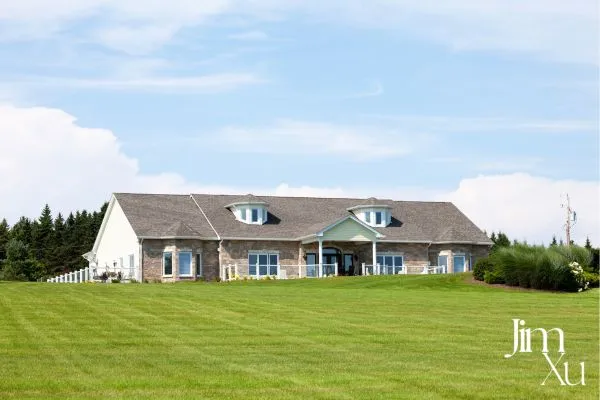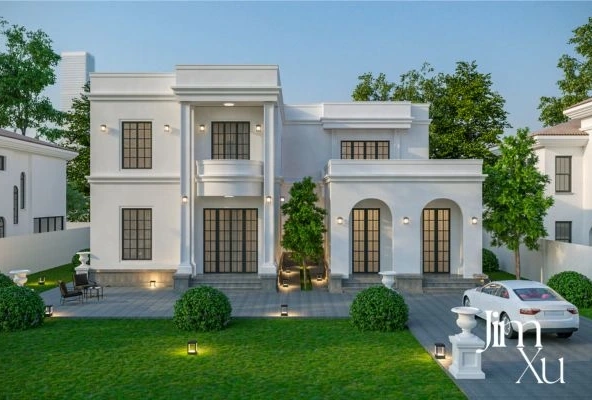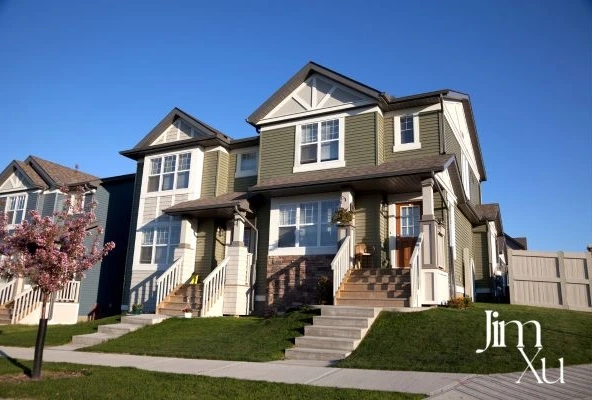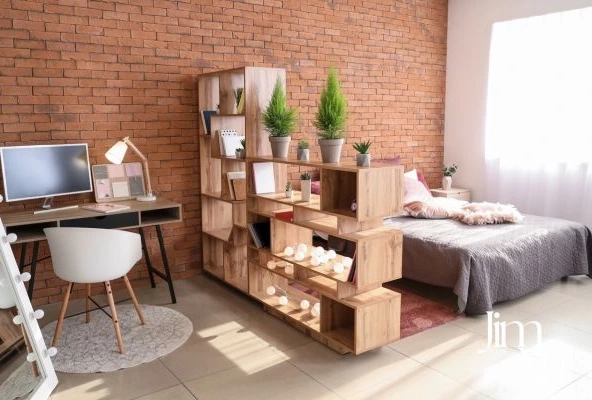The Canadian housing market in 2024 continues to be dynamic and diverse, reflecting the country’s economic stability and varying regional characteristics. With a growing population and evolving lifestyle preferences, the demand for different types of houses in Canada remains strong. Understanding the various residential property types is crucial for buyers, investors, and anyone interested in the real estate market.
Different types of houses in Canada cater to a wide range of needs and budgets. From detached houses offering ample privacy and space to condominiums providing low-maintenance urban living, the choices are vast. Knowing these options helps individuals make informed decisions based on their preferences, financial situation, and long-term goals.
As the real estate landscape evolves, several trends are shaping the market. Sustainable and eco-friendly housing is gaining traction, smart home technology is becoming more integrated, and urbanization is driving the development of high-rise buildings and mixed-use properties. Staying informed about these trends is essential for navigating the Canadian housing market in 2024 effectively.
House Types in Canada
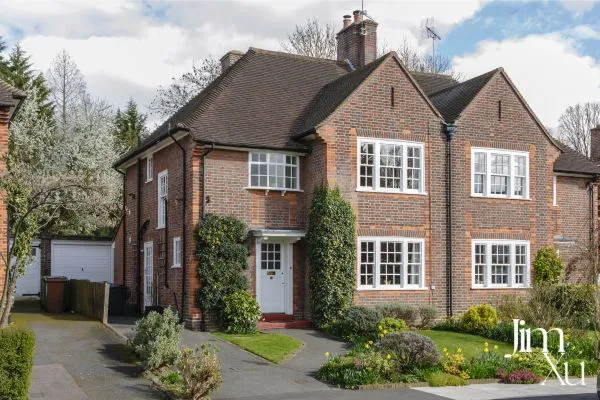
Read more: Guide to buying a house in Canada
Detached Houses
A detached house is a single-family home that stands alone and does not share any walls with another dwelling. These homes typically feature a private yard, more living space, and greater architectural freedom compared to other types of housing.
- Popular Regions
Detached houses are prevalent in suburbs and rural areas, where land is more abundant and there is a higher demand for spacious living environments. They are also found in certain urban neighborhoods that offer larger lot sizes.
- Pros and Cons
Pros: Detached houses offer significant privacy and ample space, making them ideal for families and individuals who value these features. The lack of shared walls means less noise from neighbors and more freedom to make modifications to the property.
Cons: Detached houses are usually more expensive to purchase and maintain compared to other types of housing. They require more upkeep, including yard maintenance and repairs, which can add to the overall cost of homeownership.
Read more: Sell house quickly
Semi-Detached Houses
A semi-detached house is a one of Different house styles in Canada as a single-family home that shares one common wall with another dwelling. These homes are designed to offer a balance between affordability and privacy, making them a popular choice for many families.
Semi-detached houses are commonly found in both urban and suburban areas. They provide a versatile housing option that fits well within densely populated cities as well as quieter suburban neighborhoods.
- Pros and Cons
Pros: Semi-detached houses are typically less expensive than detached homes, making them an attractive option for first-time homebuyers and those looking to save on housing costs. They also offer more privacy than townhouses, as they only share one wall with a neighbor.
Cons: While semi-detached houses provide more privacy than townhouses, they still involve some shared maintenance responsibilities, such as the upkeep of the shared wall and potentially shared driveway or landscaping.
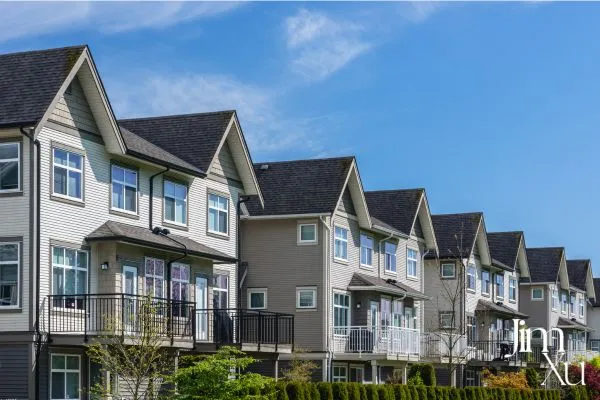
Townhouses
Townhouses, also known as row houses, are multi-story homes that share walls with adjacent units on either side. These homes are typically part of a larger development and offer a practical option for those seeking a sense of community along with a bit more privacy than what condominiums provide.
- Popular Regions
Townhouses are commonly found in urban centers where space is at a premium, as well as in growing suburban areas that aim to provide affordable housing options within a community setting.
- Pros and Cons
Pros: Townhouses are generally more affordable than detached homes, making them an accessible option for many homebuyers. They offer a good balance of living space and community features, often including shared amenities like parks, playgrounds, and sometimes even swimming pools.
Cons: While townhouses offer more privacy than condos, they still provide less privacy than detached or semi-detached houses due to the shared walls with neighbors. Additionally, homeowners may need to adhere to the rules and regulations of a homeowners’ association, which can include restrictions on exterior modifications and additional maintenance fees.
Condominiums
Condominiums (condos) are individual living units within a larger building or complex. They offer a lifestyle that includes access to shared amenities such as gyms, pools, and communal spaces, making them a convenient and attractive option for many residents.
- Popular Regions
Condos are predominantly found in urban areas, where space is limited, and there is a high demand for housing. They are particularly common in city centers and densely populated neighborhoods, providing a solution to urban living needs.
- Pros and Cons
Pros: Condos come with lower maintenance responsibilities since many upkeep tasks, such as landscaping and building repairs, are managed by the condominium association. Additionally, residents enjoy access to various amenities without the need for personal maintenance.
Cons: Condos come with monthly condo fees that cover maintenance and amenities but can add significantly to the overall cost of living. Furthermore, condos offer less privacy compared to standalone homes, as residents live in close proximity to their neighbors and share common spaces.
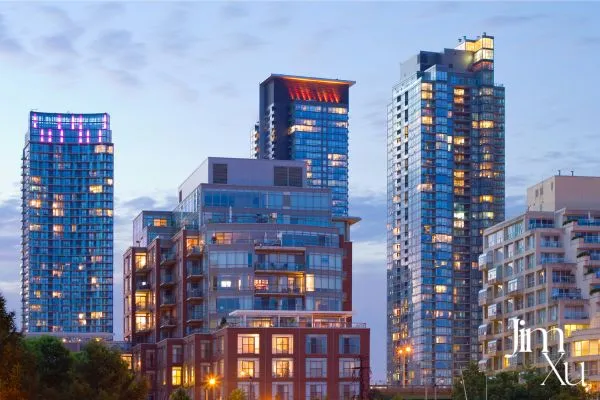
Read more : Pros and cons of condo vs house
Bungalows
A bungalow is a single-story house that often includes a basement. Known for their charming appeal, bungalows are designed for accessibility, making them an excellent option for individuals and families seeking a home without stairs.
- Popular Regions
Bungalows are found across Canada, particularly in older neighborhoods. They are a common sight in many cities and towns, offering a nostalgic and classic architectural style.
- Pros and Cons
Pros: Bungalows provide easy access, which is ideal for those with mobility issues or those who prefer a home without stairs. Their single-story layout can be convenient and practical for families with young children or elderly members.
Cons: Bungalows may require larger plots of land due to their single-story design, which can increase the cost of the property. Additionally, they might have a smaller living area compared to multi-story homes on the same-sized lot, potentially limiting space for larger families or those needing more room.
Read More: Buying a Duplex
Duplexes and Triplexes
Duplexes and triplexes are multi-family homes divided into two or three separate units, respectively. Each unit has its own entrance and living space, making these properties suitable for multiple families or tenants. These homes are excellent for generating rental income, either by renting out all units or living in one unit while renting out the others.
- Popular Regions
Duplexes and triplexes are common in urban and suburban settings, where there is a demand for affordable housing options and opportunities for rental income. They are often found in areas with good access to amenities and public transportation.
- Pros and Cons
Pros: Duplexes and triplexes offer significant rental income potential, making them a smart investment for property owners. They can help offset mortgage costs and provide a steady stream of income. These properties also allow for multi-generational living, with family members living in separate units while staying close.
Cons: These homes involve shared walls, which can lead to noise and privacy issues. They may also require more maintenance and management, particularly if the owner is renting out one or more units. Additionally, property owners must be prepared to handle tenant relationships and rental agreements.
Also see: Duplex in Richmond
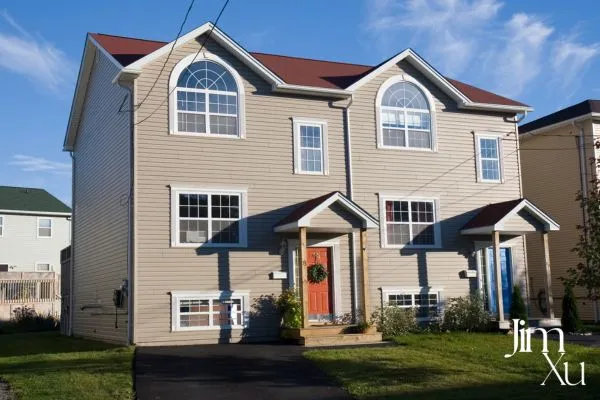
Read more: what is ARM mortgage
Luxury Homes
Luxury homes are high-end, often custom-built residences that feature premium materials, state-of-the-art amenities, and unique architectural designs. These Types of housing in Canada are designed to offer maximum comfort, privacy, and exclusivity.
Luxury homes are typically found in exclusive neighborhoods in major cities like Toronto, Vancouver, and Montreal. They are also prevalent in scenic areas such as waterfront locations, mountainsides, and prestigious suburban enclaves.
- Pros and Cons
Pros: Luxury homes offer high investment value due to their premium locations and superior construction. They provide an exceptional living experience with top-of-the-line features and significant privacy.
Cons: These homes are very expensive to purchase and maintain, often requiring substantial ongoing costs for upkeep, security, and property management.
Conclusion
Understanding the different types of houses in Canada is essential for making informed decisions in the real estate market. Whether you are looking for a spacious detached house, a convenient condo, or an investment property like a duplex, there are diverse options to consider. Explore the various residential property types in Canada to find the perfect home that meets your needs and lifestyle.

